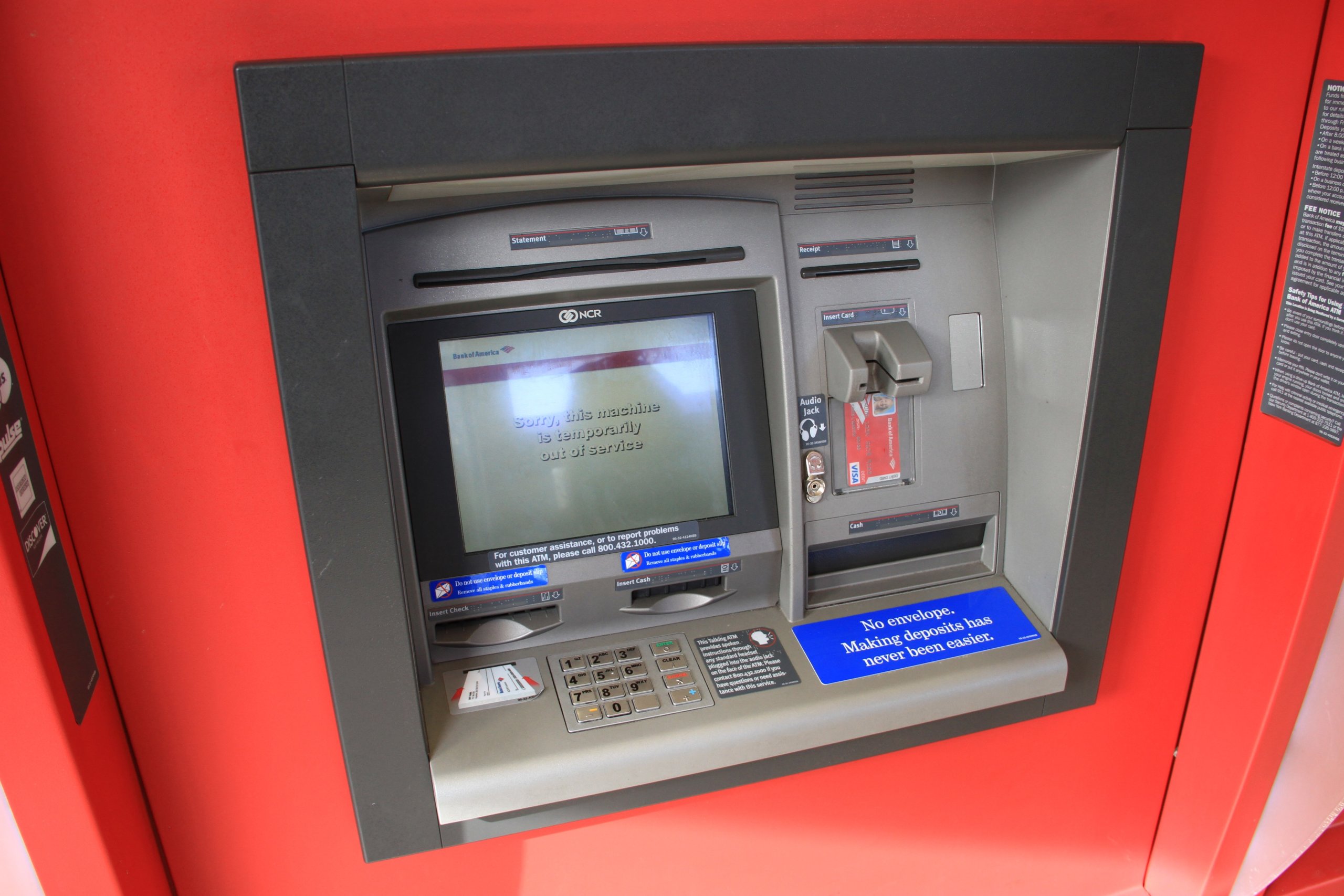
Want to get a glimpse of the future of FinTech development? Look no further than China. Apps like Tencent’s WeChat and Ant Financial’s Alipay have changed how the country’s citizens control and interact with their finances.
In this post, we’ll examine how China got a huge headstart in revamping financial transactions. We’ll also explore if we can expect to see similar changes in the United States soon.
Transforming Day-To-Day Finances
Thanks to Alipay and WeChat, Chinese citizens will never look at monetary matters the same way they used to. These nimble and versatile one-stop solutions currently let 500 million people manage virtually any situation involving money. Payments, investments, loans, booking travel plans, seeing credit scores… all are available at the click of a button now.

Due to this streamlining, Alibaba and Tencent receive a gargantuan influx of data that essentially allows them to know how well hundreds of small businesses (and millions of citizens) across China are doing. Whereas banks may label some of these businesses and citizens as too risky for a loan, that’s no problem for Alibaba and Tencent. Since they’re well aware of all payments and purchases these companies and people are making, they have a much more accurate picture of their financial situations—and don’t mind giving them a cheap loan as a result.
In contrast, the United States still mostly relies on plastic cards and billions of paper checks to keep its economy running smoothly. So, why hasn’t the U.S. experienced the same changes to day-to-day transactions as China? Well, it all boils down to one factor: a lack of traction.
San Francisco developers have tried introducing similar methods of financial management. Google Wallet came out in 2011, and Apple Pay followed one year later. Today, even in major U.S. cities, it can be hard finding vendors who accept these methods of payment.
When taking a closer look at the nuances, it becomes clear that China was more ready than the U.S. for this transformation to occur. Will the U.S. follow suit? Probably not. But that may not be such a bad thing.
No Alternatives = a Need for Revolution
Alipay launched as a simple, no-frills payment option in 2004. At the time, Chinese finance was in a dire state.
Many state-owned banks were nearly bankrupt from far too many bad loans. And not only were they low-tech, but they were also a hassle for the average consumer to deal with. It was the norm for Chinese citizens to have to travel to different bank branches and wait in ridiculously long lines just to pay off bills.
Because the government had set the interest rate on deposits below inflation, savings were essentially nonexistent. It was actually difficult to even get a credit card during this time. Only about 7.3% of Chinese citizens used the Internet at the time. That’s extremely low compared to the 65% of Americans logging in regularly then.
But underneath all these problems, there was a silver lining. Because no alternatives existed, citizens were ready to embrace the new. New options could be implemented, introduced, and even flourish without fear of having to fight any legacy systems introduced by traditional institutions.
A Helping Hand
FinTech startups in China could thrive without going up against payment giants like Visa and Mastercard. Besides this, the Chinese government had their back. Financial regulators in China have been much more open to innovation compared to their American counterparts. The online payments market was basically unregulated for years. In fact, China’s central bank governor even stated he would allow unregulated tech companies to enter financial spaces that previously required licenses.

So before any rules were imposed, many companies had years of freedom to experiment and innovate. U.S. regulators took the exact opposite approach; they required any emerging FinTech players to comply with all rules, even when these rules were not always clear or applicable for new paradigms. For instance, PayPal had to apply for money transmitter licenses state-by-state.
But it gets worse. Say Google wanted to own and operate a bank. U.S. regulators would basically require the tech titan to leave its other business ventures behind to do so. The U.S. likes to keep a clearcut distinction between banking and all other types of businesses. So the chances of Americans one day using a super app like Alipay that has banking, ride-hailing, and social media all on one platform look slim to nil.
The Cost of Convenience
But like we mentioned before, that may not be such a bad thing. There is always a price to pay for convenience. And in the case of super apps like AliPay and WeChat, the cost may be too high. Imagine having one account that links all of your other ones together. If a hacker were to compromise this account, that would spell colossal trouble for your personal, professional, and financial life. This high risk for Chinese consumers has turned into a gigantic reward for hackers who breach the security behind the apps.
Besides this issue, the situation allows for a problem that American consumers are becoming all too familiar with: Trusting companies too much. Ant Financial and Tencent get to see and control their users’ lives on an unprecedented scale. It would be equivalent to American consumers logging into Facebook to withdraw money from their checking account. Would you feel comfortable doing this?
China’s new app-fueled economy is also quite unwelcoming for anyone not acclimated to it. Less tech-savvy people, the elderly, and tourists have all experienced this first-hand. It’s not unusual for people to find that their cash is unwelcome at many businesses across the country. And remember all those issues we discussed with traditional financial institutions in China? Well, that’s still the only option left for these people. Essentially, the new system has eliminated the middle ground in terms of convenience. You either get it, or you don’t.
Half a billion people in China may have embraced this new way of managing finance, but it’s clear it’s not for everyone. So it’s safe to say we may never see a similar system implemented in the U.S., for better or for worse. What are your thoughts on the new age of finance emerging in China? Would you like to see this occur in your country? Let us know in the comments!





